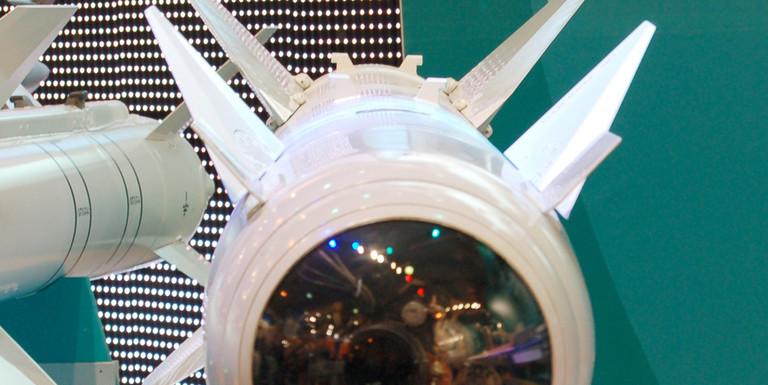According to Russian television reported on November 26, the Russian military tribunal ruled that two soldiers must compensate 31 million rubles (about 3.05 million yuan) for the loss of 31 million rubles (about 3.05 million yuan) for accidentally firing a 4-meter-long air-launched missile that can carry 100 kilograms of high-energy explosives.

In October 2017, Nikolay Zverev and Aleksey Chebanov took part in a show at Saki Air Base and were tasked with checking the status of two Kh-29TD missiles.
The Russian Kh-29TD missile is 3.9 meters long and weighs 680 kg. The KH-29TE TV-guided air-to-ground missile is one of the standard air-to-ground weapons of the Chinese Su-30MKK fighter, an air-to-ground weapon similar to the American Maverick missile, but twice as large as the Maverick. The missile is mainly used to destroy high-value targets, such as bunkers, bridges or warships.
At that time, Zverev and Chebanov did not follow the instructions to check a safety pin to prevent the engine from starting during the test, resulting in the wrong launch of the missile. The missile destroyed the gate and section of the hangar and a section of the wall, as well as another missile and some equipment used for missile testing.
Fortunately, the missile was not loaded with explosives, so the powerful warhead did not explode, but it caused irreparable damage.
In June, both Zverev and Chebanov were convicted of negligence at trial. On Sunday, however, a Crimean court mitigated the crimes of the two men and demanded compensation for economic damages, a far cry from what the Russian Defense Ministry had hoped.
It is reported that Zverev and Chebanov need to pay a total of 31 million rubles, but neither of them has enough money to pay. So unless they successfully appeal, the court will make a repayment plan that will deduct a portion of their wages for decades to come. This will put enormous financial pressure on them.